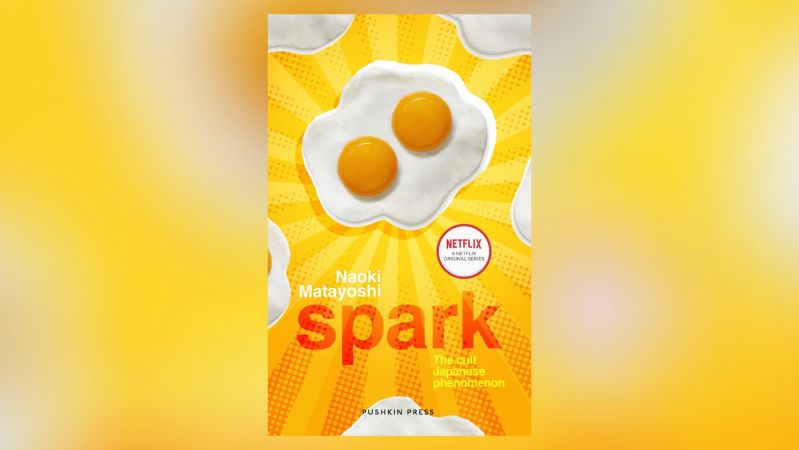
September 4, 2020
Comedy is Tragic in ‘Spark’
A review of manzai star Naoki Matayoshi’s translated novel
Manzai comedian Naoki Matayoshi’s debut novel “Spark” became just that in 2015—fireworks of a novel, pulling excellent sales behind the marketing muscle of the Yoshimoto Kogyo entertainment conglomerate, earning swift adaptations for film and TV, all the while receiving stellar critical accolades and winning Japan’s most prestigious literary prize. It took five years for the English edition to find its way to publication, and we finally saw one earlier this year, translated by Alison Watts.
Translating Japanese humor almost always proves a challenge because of frequent use of puns and cultural references. “I had to be a bit free with translating the actual manzai scenes in the book,” Watts tells Metropolis. Manzai is a type of traditional Japanese stand-up comedy which typically involves two performers.
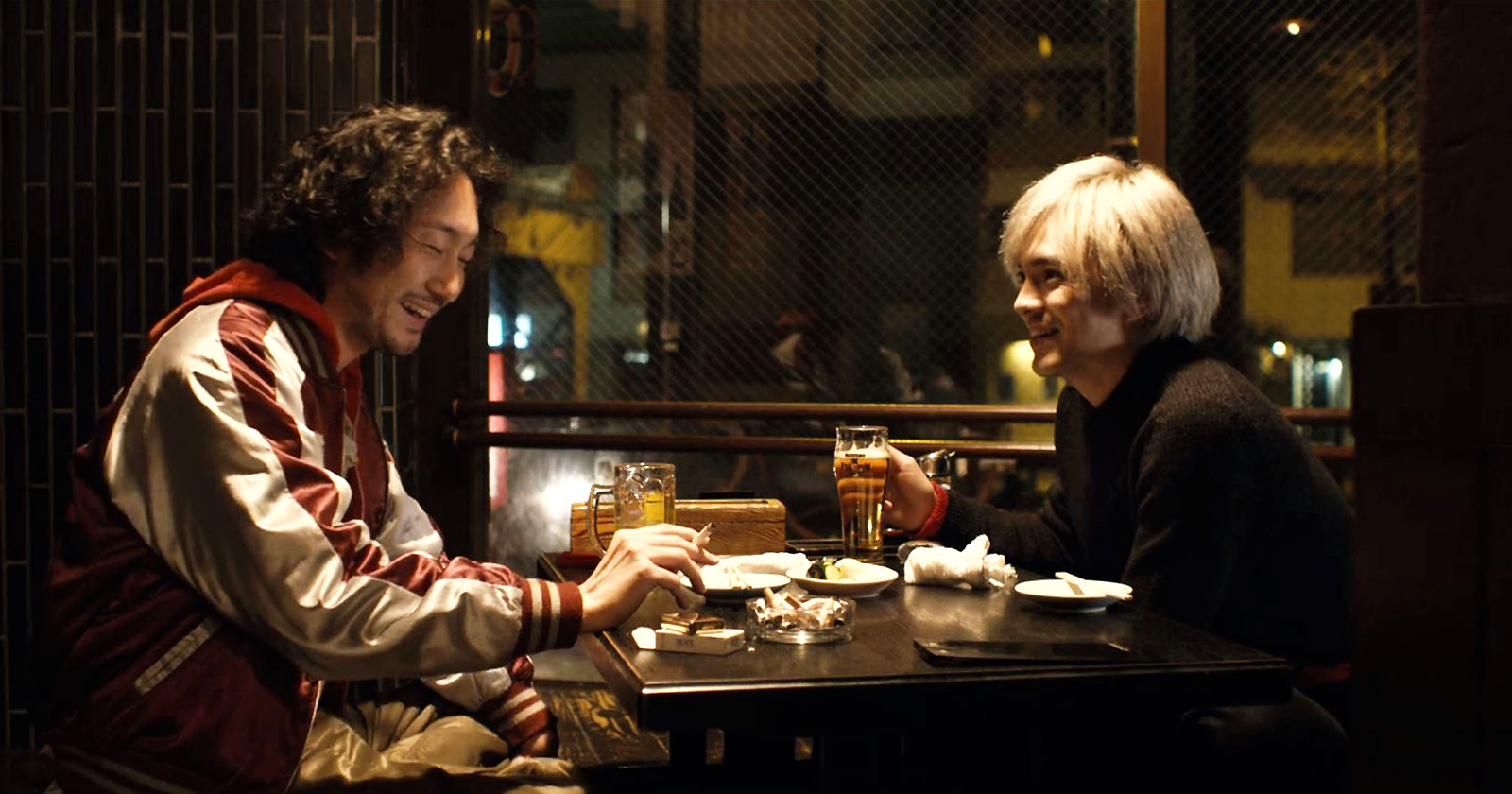
“When translating in general, I tend to err on the side of ‘let them google’ when I can,” says translator Emily Balistrieri. “If the knowledge isn’t necessary to understand the story, I think people can rely on their own curiosity to find out. I think rewriting is an important skill, but I definitely try to avoid over-localizing.”
‘Spark’ is simply not funny
The book’s success has nothing to do with its humor. For the most part, “Spark” is simply not funny: in fact, it’s deeply unfunny and arguably overly self-serious. “Spark” is a troubled comedian’s attempt to examine the role of comedy in society and the trials of the artist in pursuit of his impossible dreams.
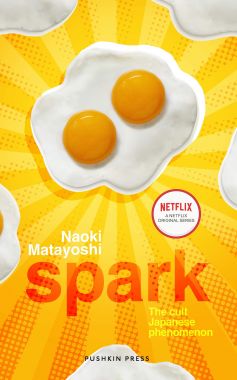
In Japanese, the novel begins in an overtly literary mode: long, flowing sentences and never-ending paragraphs paint an impressionistic scene of protagonist Tokunaga’s comedy duo bombing their act at a summer festival in Atami. It’s telling that “Spark” starts out (and ends with) complete comedic failure: not only are their jokes not particularly funny, but the act is interrupted by a burst of summer fireworks and ultimately ignored.
Unfunniness continues throughout. While Matayoshi’s style pivots away from flowing descriptions and into inner rumination and dialogue, only a few spare manzai scenes pop up throughout the novel, which largely focuses on Tokunaga’s relationship with the eccentric comedian Kamiya.
“At first, I didn’t get what the novel was about,” says Watts. “But once I studied the history of manzai, it all fell into place and became obvious: This book is a literary treatise about the history and development of manzai.”
The beginning of Matayoshi’s treatise, then, lies in that opening scene: “I wondered now why we’d even been invited here. We weren’t really needed.” Matayoshi is seeking to answer the question of why comedy exists, and why we need it.
A history of manzai
Kamiya is the heart and soul of the novel. He is an artist in the purest sense, whose very existence is devoted to comedy. Watts explains that the different scenes in the book and each of Kamiya’s extended philosophical monologues refer to different historical stages of manzai. Manzai has a long history, from its origins as a Heian Period religious ritual, to the birth of modern manzai in 19th century Nagoya, its move to Osaka, and its various forms as it evolved from the stage to radio to TV, up to the birth of the Yoshimoto Kogyo manzai school that broke down the traditional master-pupil relationship.
Armed with knowledge of manzai’s history, the opening scene at a summer fireworks’ festival makes perfect sense: summer fireworks have origins in the same religious rituals as manzai. No doubt the beauty of nature and fireworks renders joke-cracking a seemingly fruitless exercise as a spiritual endeavor. But all of these analogies are completely opaque to the average English reader, the average Japanese reader, and even many fans of manzai.
‘Spark’ did not resonate and become beloved enough to earn its own Netflix show through its rigorous historical examination of comedy. Rather, the novel’s charm and pull is felt in Tokunaga’s and Kamiya’s difficult quests to survive as artists.
So no, “Spark” did not resonate and become beloved enough to earn its own Netflix show through its rigorous historical examination of comedy. Rather, the novel’s charm and pull is felt in Tokunaga’s and Kamiya’s difficult quests to survive as artists.
“It takes guts to keep working for a long time at something that nobody thinks essential,” Tokunaga reflects. “Especially when you think how you only get one chance at life—the thought of putting your heart and soul into something that might not produce results is scary.”
The meaning of comedy
This core theme at the heart of “Spark”—the struggle to survive and succeed as an artist in society—comes to a head when Tokunaga’s partner ultimately quits their comedy duo for the sake of a child on the way. Tokunaga resigns from manzai without a fight and gives up comedy. Kamiya, on the other hand, pursues comedy to the bitter end, going so far as to get breast enhancement surgery in the hopes that it will make him funnier.
View this post on Instagram
So in the end, comedy isn’t really funny at all: it burns Tokunaga out of the business with only middling success, and sends Kamiya to the same fate, despite his admirable commitment to the art of comedy. Anyone who has dabbled in artistic fields knows how much it demands of you. Rarely does anyone produce an impressive, lasting piece of art, music, literature, poetry or film without immense dedication and sacrifice. “Spark” suggests that this sacrifice is ultimately too great for any artist to pay.
But at the very least, some laughter is left behind in this tragic comedy’s wake. Tokunaga’s final show, one of the book’s rare manzai scenes, is honestly hilarious and defty translated. In a farewell performance, he pledges to say the opposite of everything that he means, and it leads to a truly touching moment: “This is not the last time Sparks will ever perform manzai,” Tokunaga declares. “When I think I can see you every day from now on, I feel so happy. These last ten years have been a total waste for my future life.” He screams at the audience, spit flying out of his mouth. “So I hope you all die the worst death! Die! Die! Die! Die!”
There’s something about an ultimately failed manzai artist, who, while cursing his audience and the whole world with his tongue, is in fact earnestly begging them all to live long and happy lives, that feels like it perfectly balances the power of comedy with the impossible sacrifice required of the artist. “Spark” deftly depicts how joy and pain, meaning and meaningless, coexist always in comedy, and forever in art.
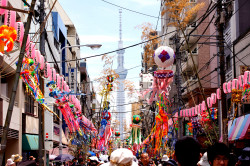


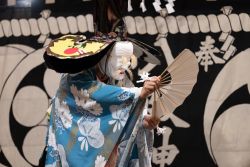
-390x250.jpg)


